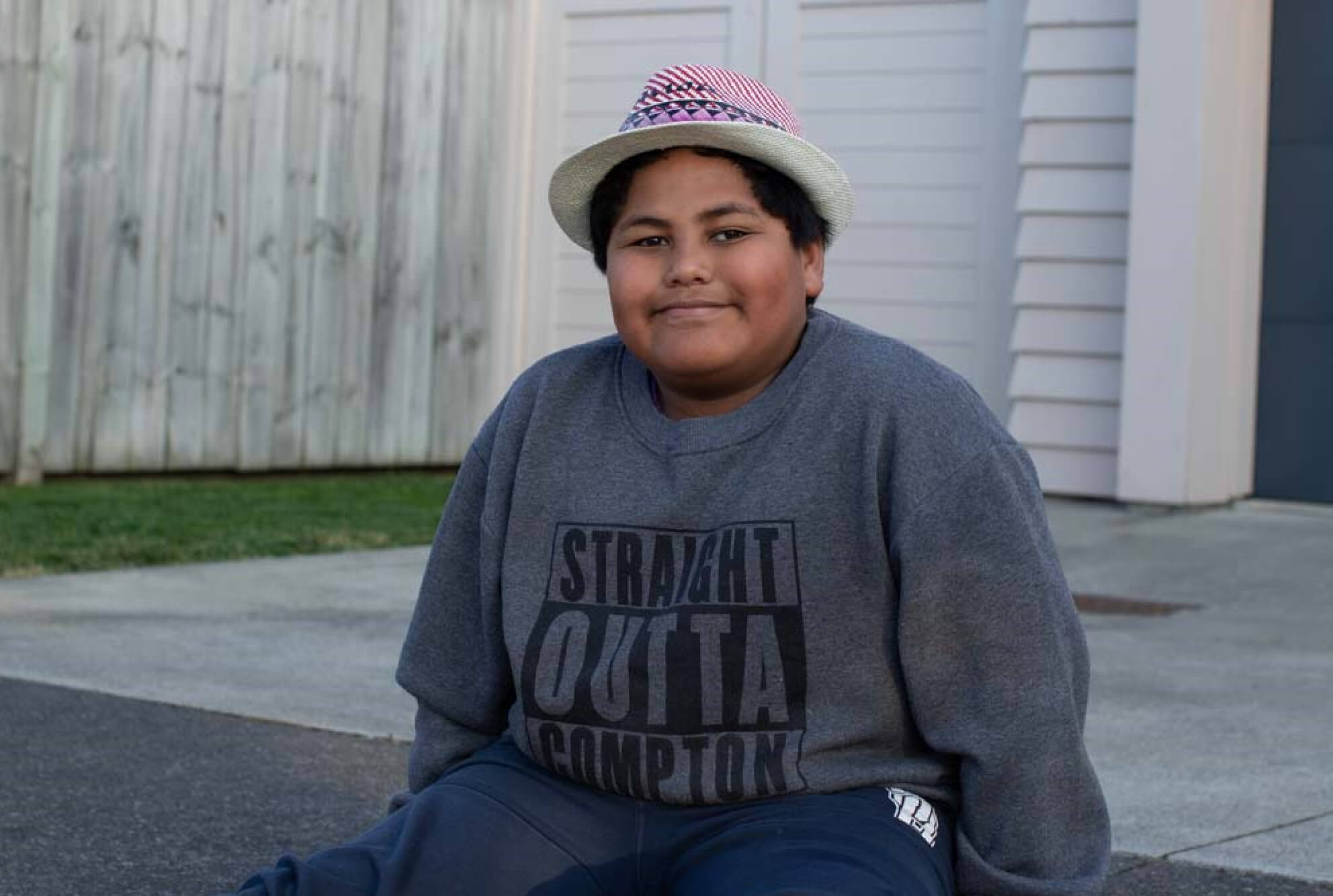Growing Up in New Zealand releases Transition to school report

June 14, 2018
Growing Up in New Zealand has today released its latest study report, Transition to school.
This is the study’s eighth report and summarises findings from Growing Up’s 72 Month Data Collection Wave.
Study Director, Associate Professor Susan Morton, University of Auckland, says this report homes in on the cohort children’s experience of embarking on formal schooling.
“Starting school is an important milestone for every child and their family, and this report gives us some insight into what contributes to making that process more positive or challenging, from the perspective of the cohort parents.”
Dr Morton says it was heartening to learn that generally, the children were ready to start school and settled relatively quickly.
“Most mothers and children adapted to the change and the school routine in less than a month, though we did find that some mothers were still experiencing difficulties six months after their child had started school.”
Some of the reasons mothers gave for still experiencing difficulties included worrying their child wouldn’t make friends, worrying that they wouldn’t like the school, being separated from their child or that the process was new because the child was their oldest.
“But what we also found was that around 90 percent of mothers reported being satisfied or very satisfied with the effect their child’s current school was having on their educational, social, emotional and physical needs.”
For the children, the most common difficulties included adapting to a new routine, being separated from family and getting used to new rules, Dr Morton says.
Other Transition to school findings include:
- About 25% of the children have experienced a Modern Learning Environment (MLE) within their current school. MLEs feature open, flexible learning spaces and access to technology. Over half have experienced the Milk for Schools[1] programme and 10% have a breakfast club at their school.
- 77% of the children lived within 5km of their school and, while one in four regularly used forms of active transport such as walking, biking or scootering to and from school, the majority (68%) travelled by car.
- 88% percent of mothers reported some form of regular (formal or informal) parental involvement in their child’s school.
- 98% of the children had attended some form of early childhood education in the six months before starting school and had visited their new school before starting.
- Around 10% of the children moved schools at least once during their first year of primary school. Existing research shows that moving schools more than twice a year may have a negative impact on children’s learning and behaviour. Moving schools was more common for children who identified as Māori, Pacific or Asian, and for children living in homes in high deprivation areas.
- 25% of mothers also reported their child had had at least one change in classroom teacher.
- Around 90% of mothers reported they were satisfied or very satisfied with the effect their child’s current school was having on their educational, social, emotional and physical needs.
Transition to school also reports on other areas, such as how many of the children had completed their Before School Check (B4SC) by the time they started school and what influenced parents’ choice of school for their child. This included the school’s reputation, how the school engaged with the local community, its ability to cater for individual children’s needs and whether it had an anti-bullying policy.
Dr Morton says the findings in this latest report add to the body of knowledge Growing Up in New Zealand has already gathered during the before birth and preschool periods.
“It also lays the platform for later data collection waves as the children transition to adolescence and into adulthood.”
The report was officially released this morning in Wellington.
ENDS
About Growing Up in New Zealand
- The University of Auckland and UniServices Ltd Growing Up in New Zealand study has been specifically designed to provide unique information about what shapes children’s early development in the context of 21st century New Zealand and how interventions might be targeted at the earliest opportunity to give every New Zealand child the best start in life.
- The study provides multidisciplinary, scientifically robust, population-relevant evidence focused on identifying what works to improve the lives of New Zealand children, their families and whānau.
- The study’s Eight Year Data Collection Wave is currently underway, with the participants now aged eight to nine years old. For the first time, during this Data Collection Wave, the children are speaking for themselves, providing new and unique insights.
- Growing Up in New Zealand is the largest, most culturally and socio-economically diverse study of children growing up in New Zealand today, enrolling more than 6,800 children in the study before they were even born.
- Growing Up in New Zealand is led by a multidisciplinary team at the University of Auckland. The contract for the study’s core government funding was managed by Superu until October 2017 and is now managed by the Ministry of Social Development (MSD).
The Study Director is Associate Professor Susan Morton of the Department of Population Health at the University of Auckland’s Faculty of Medical and Health Sciences.
- 2018 marks ten years since the study’s inception.
Who is the Growing Up in New Zealand generation?
The children who comprise the Growing Up in New Zealand cohort were born in 2009 and 2010 (with a ‘Leading Lights’ group born in 2008) and were recruited from within the greater Auckland, Counties Manukau and Waikato District Health Board areas. Children and families generously give their time to the study for free, with face-to-face data collection waves taking place every two to three years.
What is a data collection wave?
A data collection wave involves gathering information from the participant children and families. Growing Up parents were first interviewed before their children were born.
At each data collection wave, information is collected across six key areas:
- Health and wellbeing
- Psychosocial and cognitive development
- Education
- Family/whānau
- Culture and identity
- Societal context and neighbourhood environment.
For each family involved, data collection to date has involved:
- Eight face-to-face interviews
- Six telephone interviews
- Two web-based interviews
What has the study found out so far?
Information from Growing Up in New Zealand has provided insights into a diverse range of areas such as paid parental leave, immunisation, poverty and material hardship, family housing and mobility, household safety, bullying, participation in Early Childhood Education, and pre- and post-natal depression among fathers.
[1] These programmes are offered to all schools and are funded by the government and private sector.
%201.svg)


.jpg)
